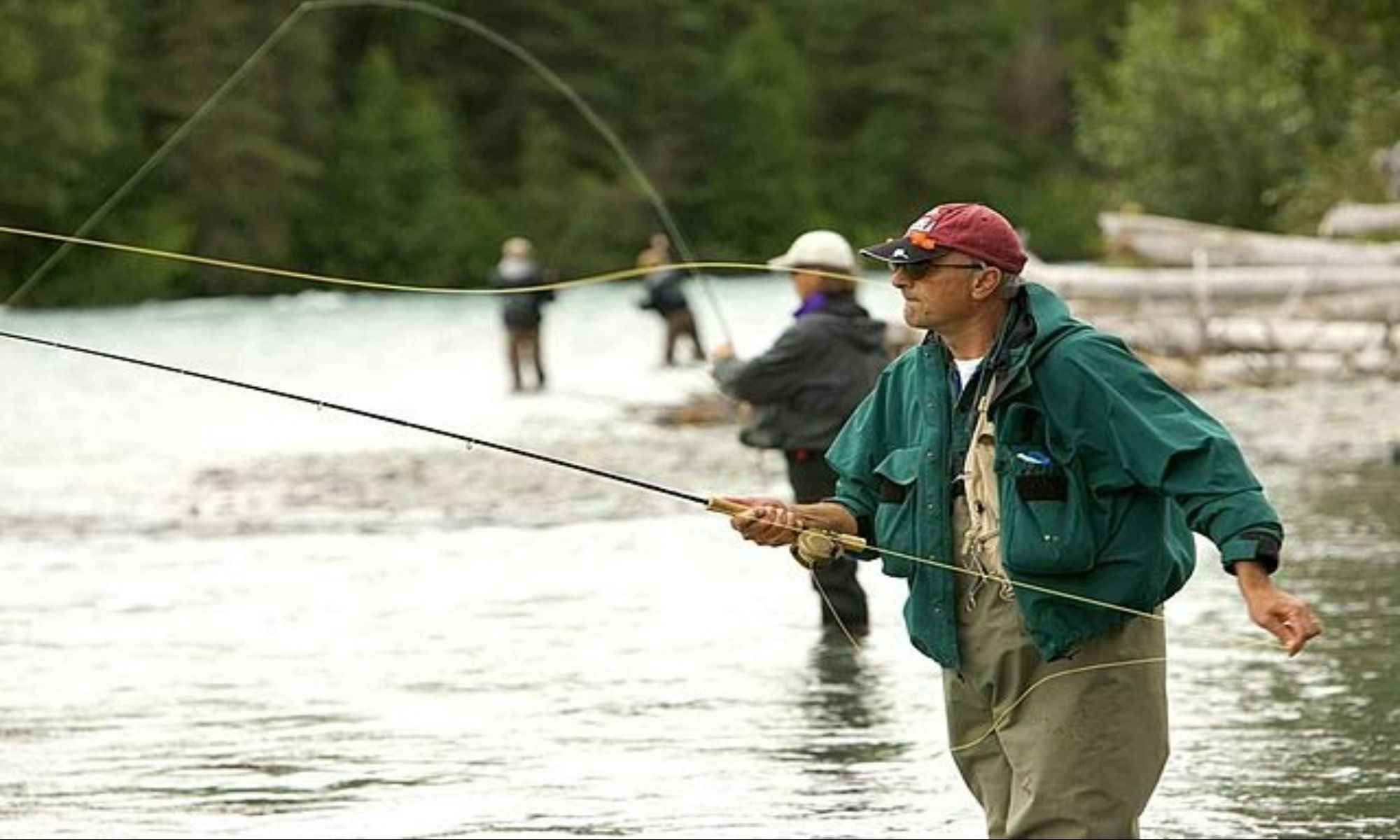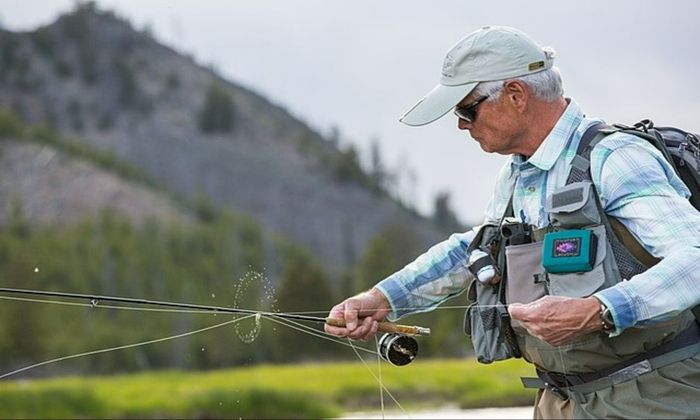10 Tips for River Fly Fishing for Beginners
Here are some tips on how you can successfully execute river fly fishing.

A fishing technique that is famous among anglers is river fly fishing. This technique got its name from the bait used to attract fish- an artificial fly. A fly is a lightweight lure attached to a long rod and drawn in a particular line pulled with a reel and it is generally similar to the physical appearance of live organisms such as baitfish. It can be a wet fly or a dry fly, depending on the trout that you want to catch.

There have been many river fly fishing techniques because people have practiced them throughout different countries, such as Japan, England, and even ancient Macedonia. This technique can be used on freshwater or saltwater and easily on rivers. If you are curious enough to try it yourself, here are some river fly fishing tips to help you pull off success.
1. Right Tackle
To start, you need the correct tackle to perform river fly fishing. You will use a fly rod, and it has different types of weights suitable for the fish you are aiming to catch. Each rod has its number to represent the weight it can handle. For example, if you want to catch a rainbow trout you can use an 11 or 12-weight numbered rod.

After securing your fly rod, you need to attach a fly reel. You can choose between large-arbor or standard-arbor fly reels depending on the type of fish you want to catch. If you are not fishing for trophies or bigger fish, you can start with the standard arbor, which lets you retrieve your fishing line more quickly.
After getting a rod and reel, you need to use a fly line. Like the fly rod, a fly line has different numbers to denote its capacity to support the weight. There are many numbers to choose from, but you can start by getting a fly line number similar to your fly rod.
2. Good Quality Bait
Once you have your tackle for river fly fishing, choosing bait becomes simple. You have to attach a bait that can be carried around by your fly rod. For example, if you select a lightweight baitfish, a 4-rod can handle it.
Aside from having a bait that matches the weight of your fly rod and line, it is best to have live bait when river fly fishing. Live bait attracts the fish toward your line, but be careful not to hook the live bait loosely. There is always the risk of throwing your bait around as you cast down your line.
3. Fishing Lures
You can use fishing lures as flies on your fly rod, often called streamers. They can be made to look like birds, with feathers rustled out. Furthermore, they can also imitate the movement of baitfish or other live bait by simply tugging on your fly rod.
Although most lures are effective at attracting fish, some types of fish quickly recognize the lures’ difference from live bait. You can design your streamer as colorful as possible and dip it into something pungent like fish blood or oil before casting it on your line.

4. Fishing Location
You would want a lazy river to practice river fly fishing as a beginner. You should scout a suitable fishing location first before trying out this technique. On still waters and slow rivers, you can stand out in the water and get a good throw off your line.
Rivers with depths reaching your ankles are good fishing locations for beginners. Once you are familiar with the proper form of river fly fishing, you can even do it on a boat floating in deeper waters.
5. Stream Direction and Flow
To help you get a good experience while river fly fishing, you have to determine the direction of the stream and the strength of its flow. Fish generally swim along the stream’s path, so if you know where the water is going, you know where to set up for river fly fishing.
6. Proper Planning
As cliche as it sounds, a proper plan is excellent help on any fishing trip, especially if you want to try new fishing techniques. As a beginner, you should plan your river fly fishing trip as much as possible. You can start by listing how to get a suitable tackle for you, where to conduct river fly fishing, and when you should do it.
Constantly asking yourself questions about river fly fishing will help you be prepared and list as many details that would help you later on. A proper plan will help you be confident as a beginner trying out river fly fishing.
7. Get Advice from Locals
Consulting with locals or an expert angler is helpful to get better chances of success when river fly fishing. Locals could give weather conditions, good fishing locations, and suitable schedules for river fly fishing.
Such information is hard to come by, so when you have the chance, make sure to approach any resident or angler you see and be friendly with them. They might tell you something about river flying fishing in their area that might help you be better at that technique.
8. Prepare a Map
Aside from information from residents, you should prepare a map. The map would include the routes you would take when river fly fishing. These routes should be places where there are many fish to catch. After all, if you are swinging around blindly and not seeing anything, this technique would not be effective.
Maps will help you not get lost and find your way back whenever you are fishing in deeper waters or rivers in between forests. So before you try out this technique on your own, make sure that you know your way around. It would be hard to be lost at a river that you are not familiar with and have to spend a night near it.
9. Partner up with A Buddy
If you are a beginner at river fly fishing, having a buddy helps. You can partner up with a seasoned angler who is familiar with river fly fishing so that you can improve your form and technique. You can also partner up with a co-beginner so you can help each other up.
10. Have Patience
River fly fishing takes some time to master, so do not expect better results overnight. It is essential to have patience and keep on practicing.




